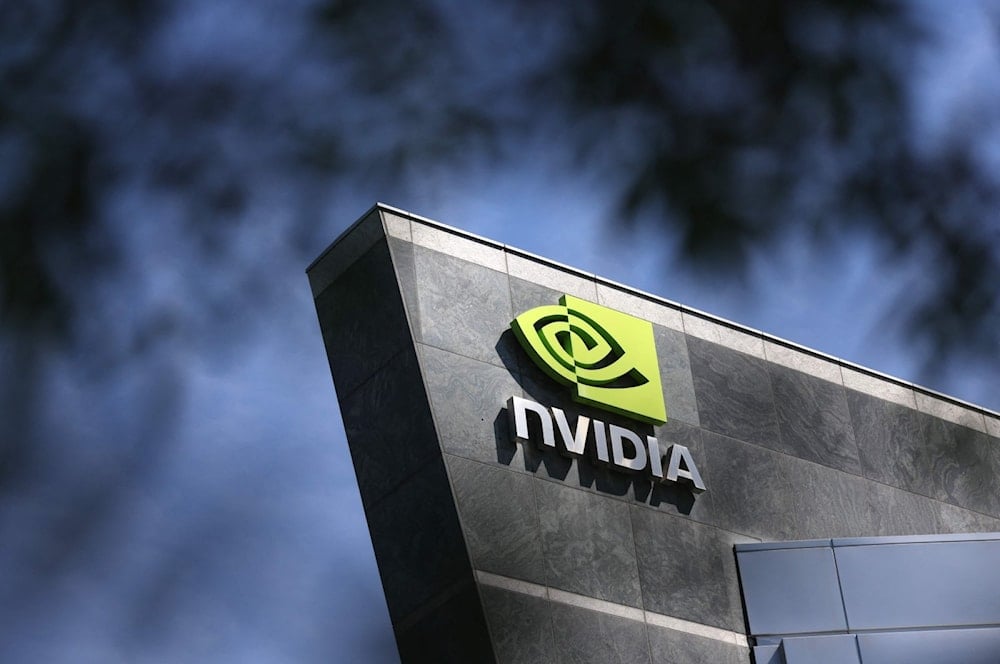China summons chip giant Nvidia over alleged security risks
China questions Nvidia over security risks in H20 AI chips sold to the Chinese market, raising concerns amid the ongoing US-China tech rivalry.
-

The Nvidia headquarters is seen in Santa Clara, California, United States, on May 25, 2022. (AFP)
Chinese authorities summoned US tech giant Nvidia on Thursday over serious security concerns related to its H20 artificial intelligence (AI) chips, as tensions escalate in the ongoing technological standoff between Beijing and Washington.
The Cyberspace Administration of China (CAC), the country’s top internet regulator, announced it had engaged Nvidia in discussions following the discovery of potential vulnerabilities and backdoors in its H20 chips, a version specifically developed for the Chinese market.
The CAC issued a public statement on social media confirming that Nvidia was asked to explain the security risks tied to the H20 chips and to submit relevant technical documentation for review.
The chips, designed with downgraded capabilities to comply with US export restrictions, have now become a flashpoint in the broader debate over Nvidia H20 chip security. "The company has been asked to explain the security risks of vulnerabilities and backdoors in its H20 chips sold to China and submit relevant supporting materials," the statement read.
Chinese regulators cited reports from US experts, noting that location tracking and remote shutdown technologies for Nvidia’s AI chips "are already matured."
Nvidia's return to the Chinese market draws scrutiny
Earlier this month, Nvidia said it would resume H20 sales in China after the US government signaled it would lift some of the licensing restrictions that had previously blocked such exports.
The H20 chip is a less powerful version of Nvidia’s top-tier AI processors, created to meet US regulatory thresholds while preserving a foothold in the lucrative Chinese AI sector.
However, renewed concerns from both sides of the Pacific have reignited debates over AI chip export controls and national security implications. Nvidia, based in California, has found itself increasingly caught between Washington's containment strategy and Beijing’s push for technological sovereignty.
As part of tightening US-China tech tensions, American lawmakers have proposed requiring Nvidia and other AI chipmakers to embed location tracking and remote-disable features into their products.
While the proposals are framed as safeguards against unauthorized use, Beijing views such measures as potential vectors for foreign surveillance and control, particularly when implemented in semiconductors destined for Chinese infrastructure or research facilities.
The CAC's summons of Nvidia appears to be part of a broader effort to assert Chinese data and cyber sovereignty as foreign technology continues to play a role in sensitive sectors.

 3 Min Read
3 Min Read








